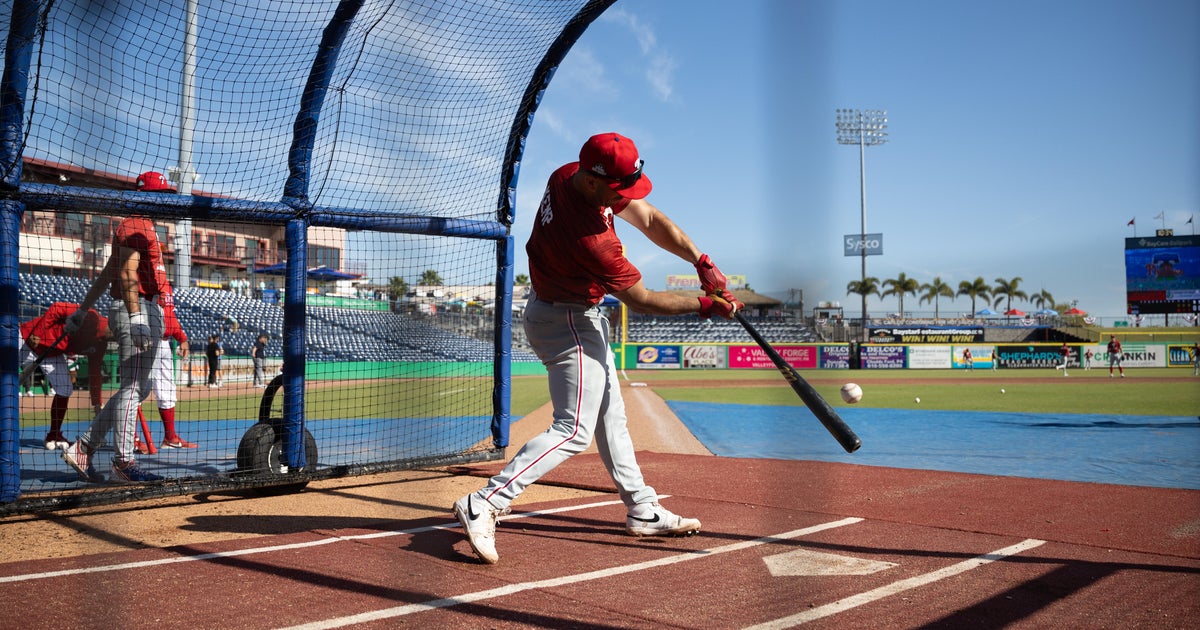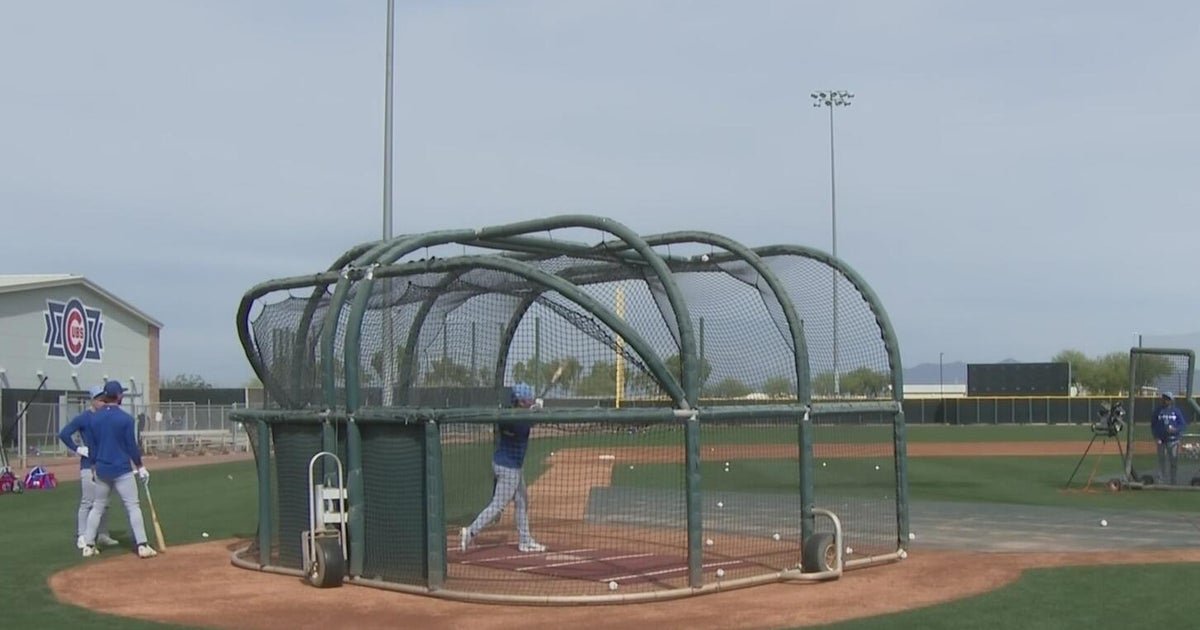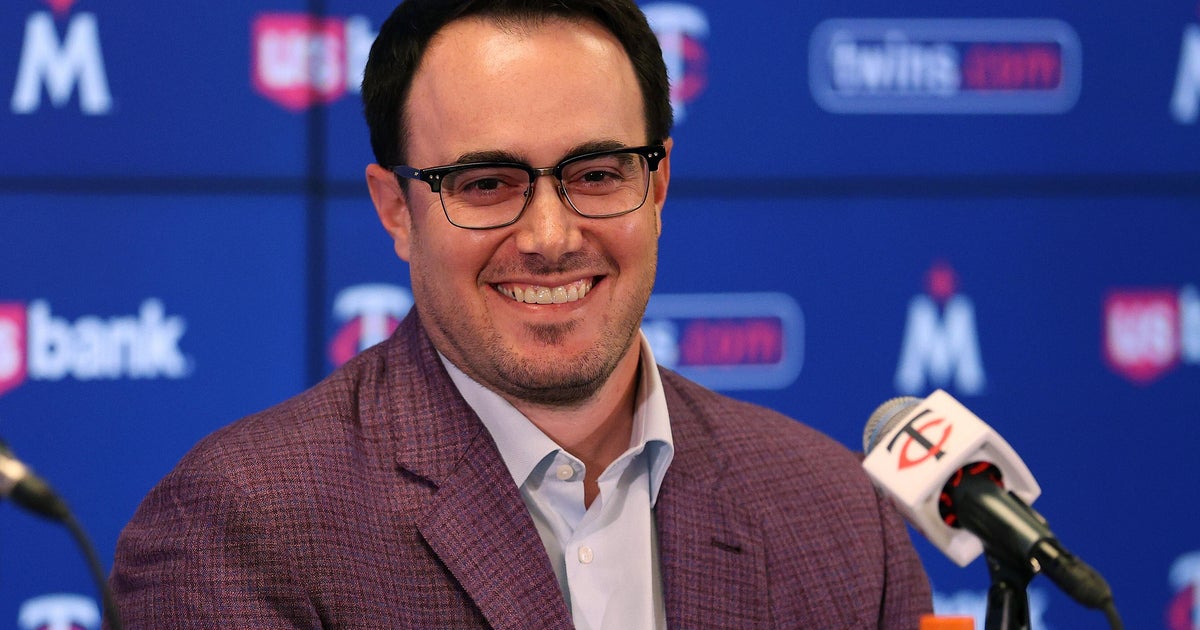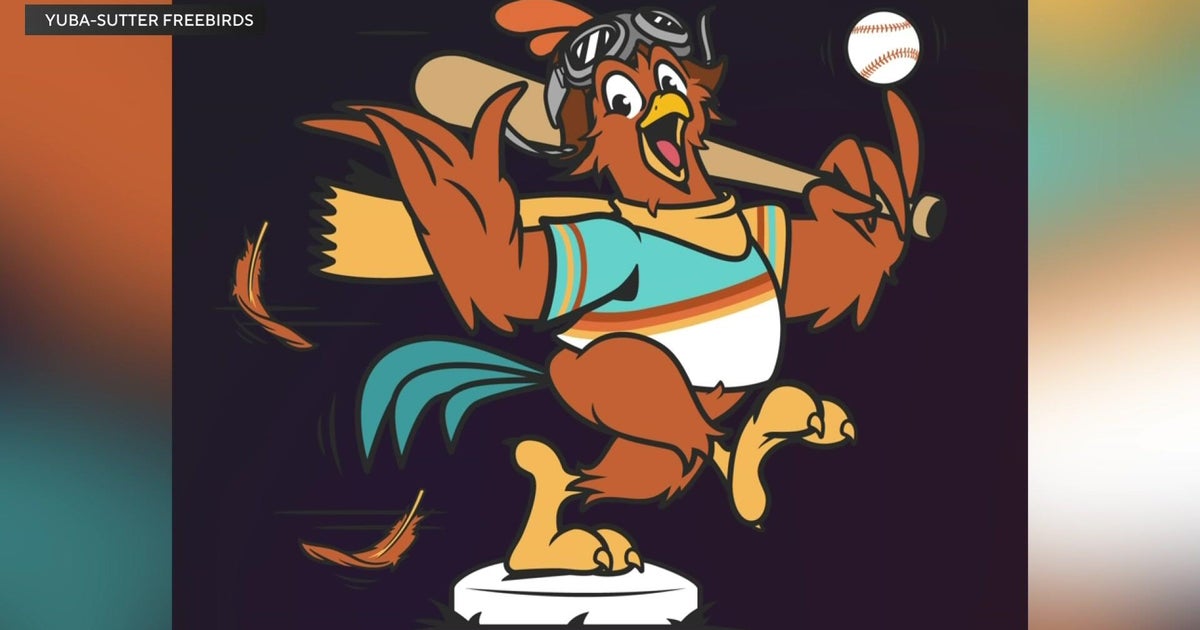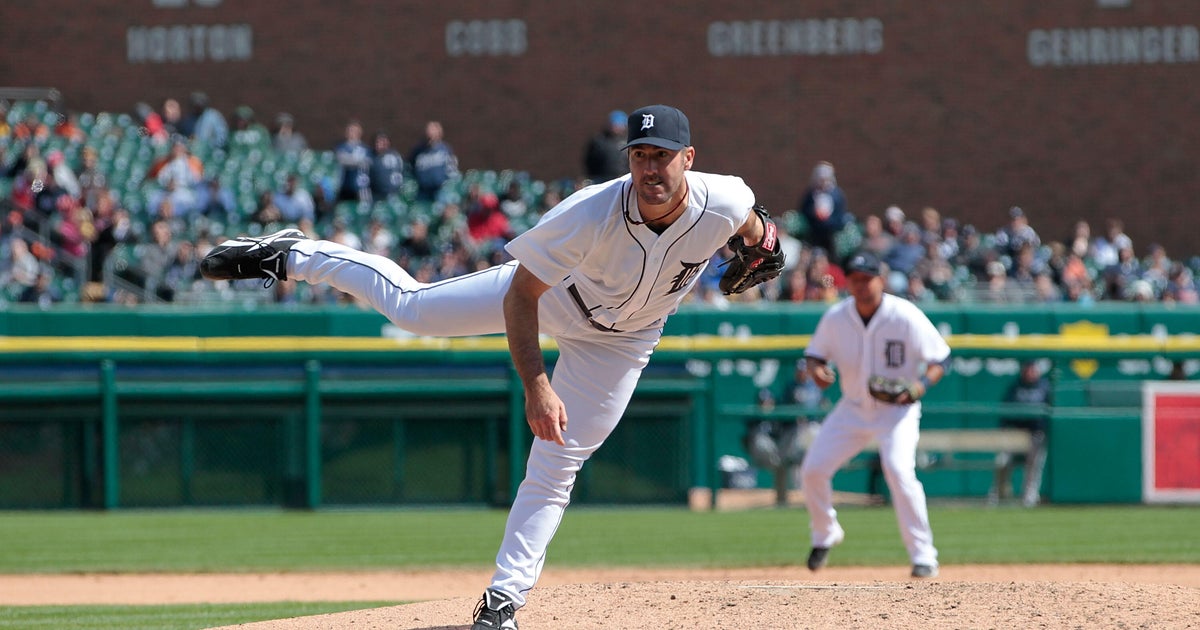Computer Simulation Doesn't Paint A Rosy Picture For The Phillies
By Spike Eskin
PHILADELPHIA (CBS) – Spring Training is a time for hope in Major League Baseball. The Phillies haven't lost a game that counts, and every "if" you can imagine is a half-full glass.
Michael Young may have that bounce back season, Roy Halladay will age gracefully, Chase Utley will stay healthy and Ryan Howard will return to MVP form. All of those things seem not only possible, but likely if you look at the brighter side of things.
The computer however, sees no such bright side.
Prediction Machine ran 50,000 computer simulations of the 2013 Major League Baseball season, and they didn't paint a pretty picture for the Phillies.
The average of the simulations predicts that the Phillies will win 81 games for the second straight year, finishing in third place in the National League East. The Washington Nationals won an average of 92.5 games, coming in first in the NL East, and the Braves won an average of 86.6 games.
The over/under line for Phillies wins this season was set at 83.5 at Bovada.
According to the predictions, the Phillies have a 15% chance of winning the NL East, a 14% chance of a Wild Card playoff berth, a 4% chance of winning the National League, and a 2% chance of winning the World Series, the 12th most likely to do so.
The team that won the World Series the most in the simulations is the Los Angeles Angels of Anaheim at 12%, followed by the Tigers and the Nationals at 10%.
Prediction Machine uses a computer program called The Predictalator to run the simulations, which is described as the following:
The Predictalator is the most advanced sports forecasting software available today. The technology has the ability to account for all of the statistical interactions of the players (playing or not playing/injured), coaches, officials, fans (homefield advantage) and weather in each game. The Predictalator plays every game 50,000 times before it's actually played. This provides PredictionMachine.com the ability to assign probabilities to the likelihood of just about any outcome occurring in any event as well as to project individual statistics and more including straight-up, against-the-spread and over/under pick percentages for each game.
Thankfully, the game isn't played in computer simulations, so feel free to keep that glass half-full.

